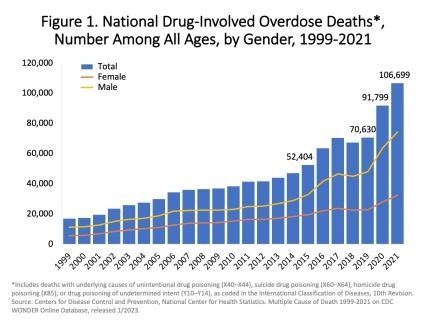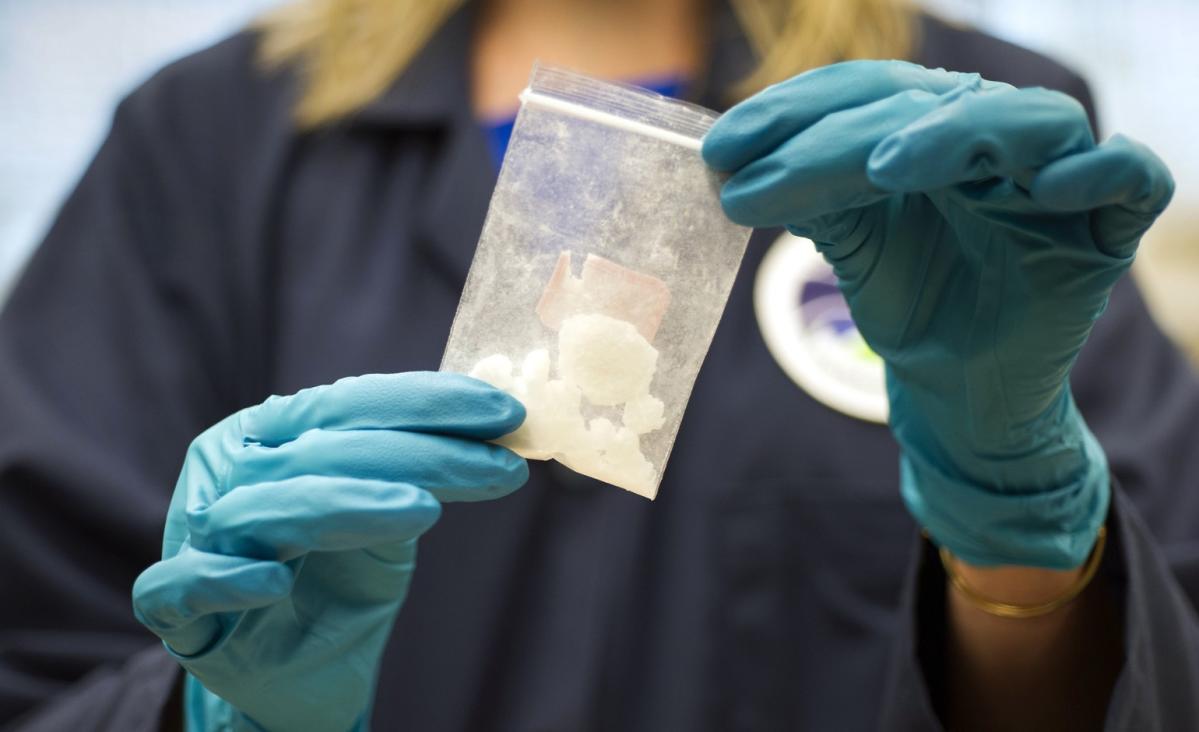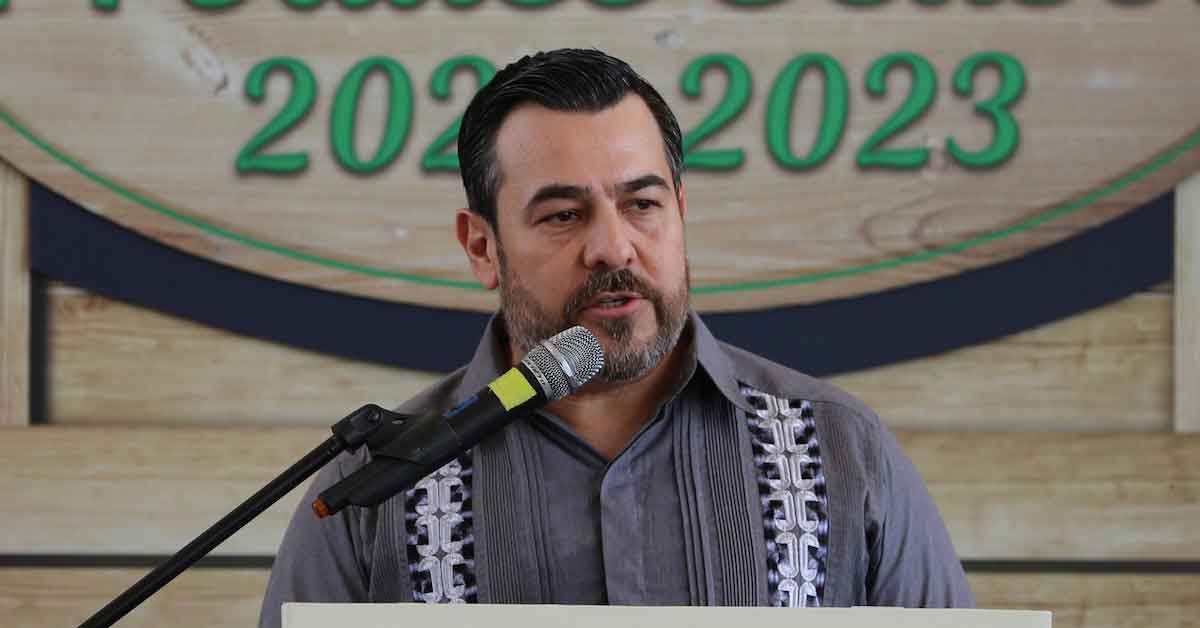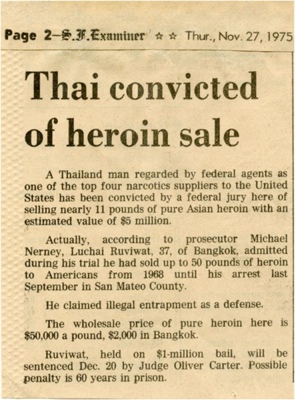I'm typing up the 1 short chapter of The Cairo Documents [1971 book] authored by Egyptian Nasser's biographer.
CHINA, REVENGE BY FENTANYL, Chou En-Lai.
The Cairo Documents, by Mohamed Heikal (1971)
The Inside Story of Nasser and His Relationship with World Leaders, Rebels, and Statesmen.
The confidant and adviser to the Middle East’s most powerful figure reveals the impact of conversations, letters, and meetings between Nasser and Krushchev, Kennedy, Johnson, Nixon, Dulles, Eden, Chou En-Lai, Hammarskjold, Castro, Che Guevara, Nehru, Tito, and others …
Chapter 11, pgs 306-308.
snipped
And Chou en Lai, in a chilling conversation, reveals his hope for the American presence in Vietnam: that the young U.S. troops will make full use of the deadly crop he intends to make available to them.
The other major topic was Vietnam. American involvement in Vietnam was growing under President Johnson and the whole world was concerned with the dangers of the situation. The nonaligned nations played a large part in expressing the world’s concern. Nasser, Nehru, and Tito all called attention to Johnson’s folly and spoke long and often about the danger into which he was putting the world. Nasser wanted the Americans to withdraw and allow the people of Vietnam to settle their own fate.
But when he and Chou en Lai dined together in Alexandria on June 23, Chou said that he did not want Johnson to withdraw any American soldiers—on the contrary, he wanted the United States to send more and more of its young men into Vietnam.
“We are afraid that some American militarists may press for a nuclear attack on China and we think that the American involvement in Indochina is an insurance policy against such an attack because we will have a lot of their flesh close to our nails.
“So the more troops they send to Vietnam, the happier we will be, for we feel that we will have them in our power, we can have their blood. So if you want to help the Vietnamese, you should encourage the Americans to throw more and more soldiers into Vietnam.
We want them there. They will be close to China. And they will be in our grasp. They will be so close to us, they will be our hostages.”
One of the remarkable things he said that night when talking about the demoralization of the American soldiers was that “some of them are trying opium. And we are helping them. We are planting the best kinds of opium especially for the American soldiers in Vietnam.
President Nasser looked at him with some disquiet, but Chou went on: “ Do you remember when the West imposed opium on us? They fought us with opium. And we are going to fight them with their own weapons. We are going to use their own methods against them. We want them to have a big army in Vietnam which will be hostage to us and we want to demoralize them. The effect this demoralization is going to have on the United States will be far greater than anyone realizes.”
Nasser felt that possibly Chou as exaggerating a little. But Chou had his plan absolutely clear in his mind. There was no doubt that he intended to do exactly as he said.
When Johnson called his bombers off North Vietnam at the end of 1965, he sent a number of emissaries round the world telling the leaders of other countries what he hoped to gain by the pause.
Ambassador Averell Harriman came to Egypt on this mission and saw Nasser on January 4, 1966.
The bombing pause had been accompanied by a propaganda from the Americans, and so when Harriman arrived, Nasser expected to hear something important from him. Harriman started by asking the President what he thought about Vietnam and Nasser answered that it was a problem that he wanted to see an end to because it was nobody's interest. Harriman asked him for his suggestions.
But it was all minor-key talk. The meeting lasted for two hours with nothing positive coming of it. Harriman had come with nothing new. He had no suggestions. And there were silences during the talks that lasted for several mines at a time.
Eventually Nasser said to Harriman: “Do you really think you are going to defeat them? If you increase your troops in Vietnam, you are only going to play into our enemy’s hands. Strangely enough, I’ve heard something from Chou En-Lai and you are are carrying out the Chinese plan precisely.” And he told Harriman what Chou had said about wanting more and more American soldiers to be sent to Vietnam. But he did not tell Harriman about Chou’s plan to fight the American army with opium. That was the only time during the whole of that two-hour meeting that Harriman showed any real interest in the proceedings. Afterward, Nasser said he got the impression that Harriman’s mission was just show [up], that he had been sent so that Johnson could say that he had tried all round the world to find a way to peace in Vietnam.
Later, Nasser felt that possible he ought to not have told Harriman about Chou En-Lai’s plans, so he sent messages to Chou and to Ho Chi Minh about the meeting. As a matter of fact, Chou had cabled Nasser asking him not to meet Harriman because his mission was only a maneuver, but the cable had arrived too late and Nasser could not have refused to see the American in any case.
Nasser told Chou about the meeting and explained that there was nothing new in it “but I must confess to you that I did something which I hope you will not consider a mistake. I told him what I heard from you about the American troops in Vietnam and that they were falling into your trap.”
Chou relied that he knew Harriman’s visit was only propaganda and he did not mind Nasser telling the Americans of his plans because, he said, “They are not going to learn anything. They are set on a certain course and nothing is going to change their minds.”
During the Nasser-Chou En-Lai talks in June 1963, both President Mohamed Ayub Khan of Pakistan and President Sukarno of Indonesia passed through Cairo. The four of them met one night to discuss international affairs. Ayub Khan left first, then Sukarno aid: “Enough of politics, I’m going to leave,” and he looked at Nasser, saying...
ANYONE WHO KNEW HOW MANY US SOLDIERS THAT RETURNED ADDICTED TO OPIUM & HEROIN FROM VIETNAM, WOULD KNOW CHOU EN-LAI DID EXACTLY THAT.







